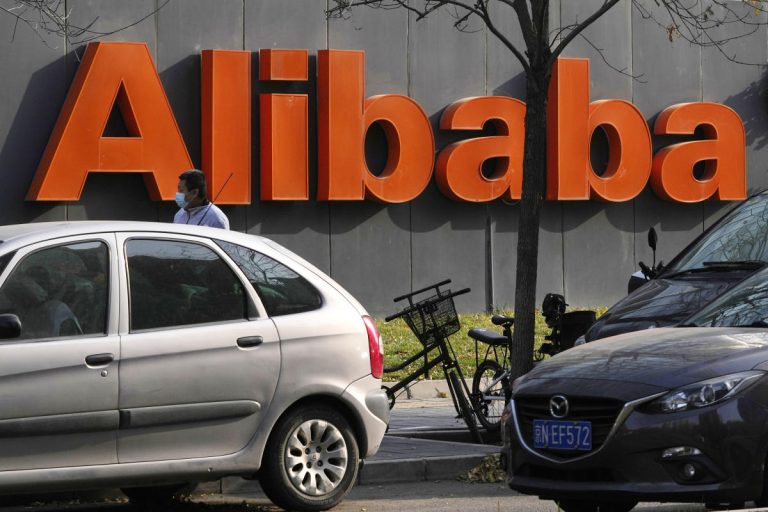SINGAPORE (AP) – Chinese e-commerce company Alibaba Group Holding Ltd. on Wednesday approved an additional $25 billion for its share buyback program amid weaker-than-expected revenue for the final quarter of 2023.
Alibaba's revenue for the quarter ended December rose 5% to 260.3 billion yuan ($36.67 billion), slightly below analysts' expectations.
Net profit fell 77% year-on-year to 14.4 billion yuan ($2 billion). The Hangzhou-based company said the significant decline in net profit was due to a decline in the value of its stock investments and a corresponding decline in operating profit.
Following the news, Alibaba's New York-listed stock price fell about 4% in pre-market trading.
“Our top priority is to reignite the growth of our core businesses of e-commerce and cloud computing,” Alibaba CEO Eddie Wu said in a statement.
He pledged to step up investments to not only strengthen market leadership but also improve user experience and accelerate the growth of e-commerce platforms Taobao and Tmall.
The company, once a leader in China's e-commerce industry, faces increasing competition from rivals such as Pinduoduo and ByteDance, which operates TikTok and Douyin.
In a bid to boost growth, Alibaba in December appointed current CEO Eddie Wu as the new head of its e-commerce business, replacing longtime Alibaba executive Trudy Dai. The move comes weeks after rival PDD, which operates Pinduoduo, surpassed Alibaba in market capitalization.
The company has struggled to recover following a regulatory crackdown on the technology industry and a $2.8 billion fine that regulators deemed to have violated antitrust laws.
Alibaba's revenue growth has slowed even as its e-commerce rivals have gained market share. The company's New York-listed stock has fallen nearly 26% over the past year.
Alibaba restructured its business in March, splitting it into six divisions that will eventually be self-financed and listed.
The company's cloud unit was expected to be one of the first to go public, but Alibaba later cited uncertainty over U.S. export restrictions on advanced chips used in artificial intelligence. , withdrew plans to spin off the business.


